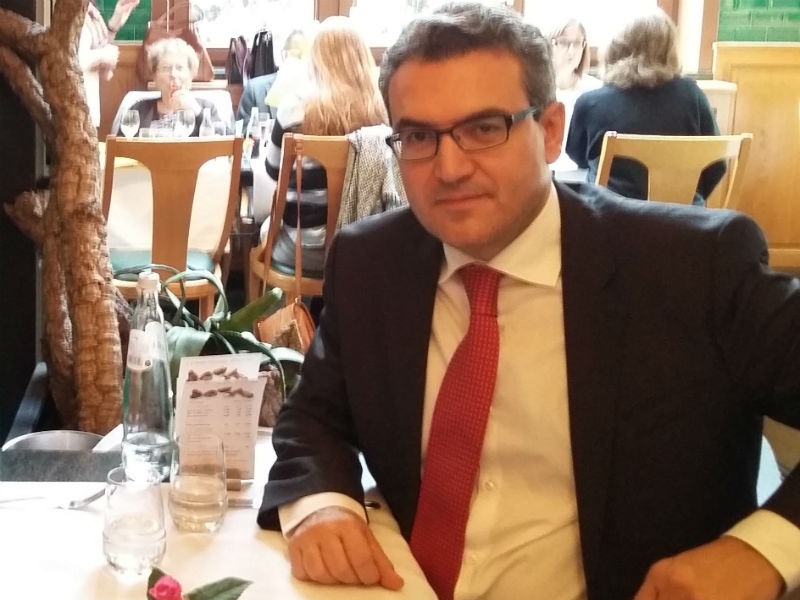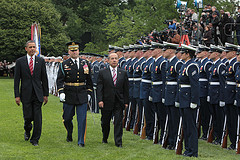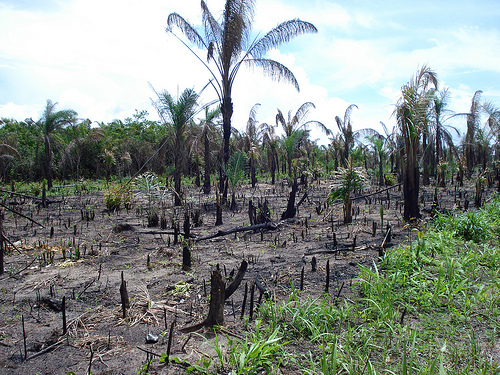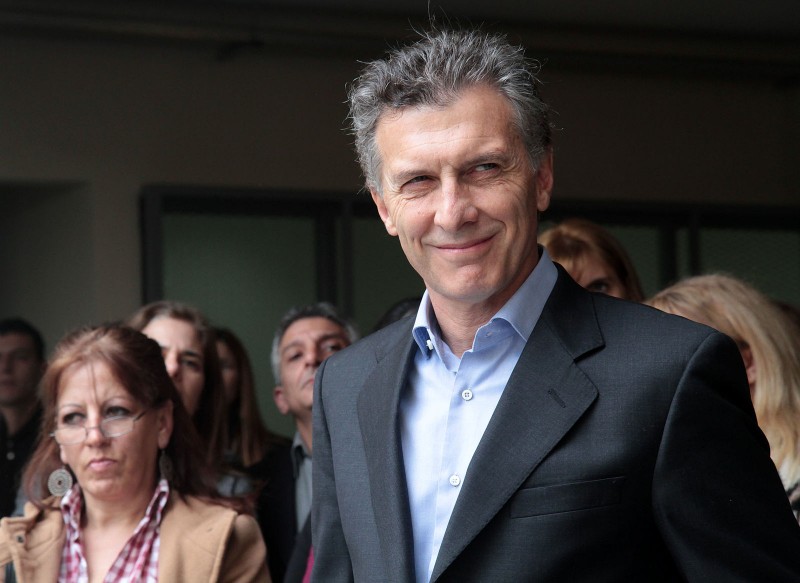
Argentina, Latin America: Week in Review
Rejecting Peronism, Argentina Elects Mauricio Macri
November 23, 2015 By Staff
Center-right candidate Mauricio Macri won Argentina’s runoff presidential election on Sunday, The Associated Press reported, defeating the ruling party candidate Daniel Scioli and marking the end of 12 years of left-leaning governance under President Cristina Fernández de Kirchner and her late husband Nestor.
The election is the second round of an upset for Scioli, as he was favored to beat Macri by a great enough margin in the initial Oct. 25 elections to win outright. Macri’s “Let’s Change” campaign coalition, however, brought in more votes than expected, leading to Argentina’s first ever presidential runoff.
Scioli was expected to keep many of the populist “Peronist” social welfare policies of the Kirchners in place as president. Human rights groups endorsed him last week in part for his stance on the pursuit of justice regarding Argentina’s dictatorship, which aligned with the approach of the Kirchners.
Macri, who has served as mayor of Buenos Aires since 2007, is a prominent businessman and the son of one of the richest men in Argentina. He pledged to cut inflation, attract more foreign investment and foster a pro-business environment, policy proposals that garnered criticism from Scioli who referred to him as a proponent of “savage capitalism”. Macri also pledged to end controls on the purchasing of U.S. dollars, which is expected to result in a steep devaluation of the Argentine peso. Macri is also expected to negotiate a new settlement with the so-called “holdout” creditors who purchased Argentine debt following a default in 2001.
Headlines from the Western Hemisphere
North America
- The World Trade Organization ruled in favor of Mexico in a dispute stemming from 2009, in which the United States argued it should be allowed to reject imports of tuna that was not caught using so-called “dolphin-safe” methods.
- U.S. authorities on Sunday confirmed they detained five Syrian refugees who turned themselves in at the border with Mexico, following a similar detention on Tuesday.
- Through a hedging arrangement with several large banks, Mexico will make some $6 billion by selling oil at a price of more than $30 a barrel higher than the severely depressed price of the commodity.
Caribbean
- The assistant of the CEO of Puerto Rico’s Doral Bank was arrested on Friday after being charged with perjury and obstruction of justice for allegedly holding back information from FBI investigators looking into possible corruption at the bank.
- The Wall Street Journal on Sunday explored the increasing study of English in Cuba, where Russian was long the second language taught in schools.
- Haitian presidential candidate Jovenel Moïse visited Miami on Sunday, where he brushed off questions about fraud in last month’s primary elections. Calling for the primary election results to be thrown out, thousands took to the streets in Haiti’s capital Port-au-Prince on Friday, clashing with government supporters in protests that left one dead.
Central America
- Honduras detained a Syrian woman and two Pakistanis travelling by bus from Nicaragua Saturday, prompting an investigation into whether the trio is connected to the five Syrian men who were detained in Honduras with fake passports last week.
- Guatemala’s Congress voted to pass a so-called “anti-coyote” law that would impose harsher sentences for anyone who helps smuggle migrants, an apparent response to pressure from the United States to stop human trafficking.
- Guatemalan authorities discovered a tunnel at a maximum security prison just outside of the capital on Friday, in time to prevent a planned jailbreak.
- Regional representatives will soon meet to discuss the dilemma of 2,500 Cuban immigrants are still stranded in Costa Rica, most living in one of the seven makeshift shelters.
Andes
- Colombia’s government announced it willpardon 30 FARC guerrillas currently serving prison sentences in an effort to build confidence and expedite peace talks in Havana, Cuba.
- On Saturday, Colombia’s army seized 961 kilograms of an explosive mixture from the ELN guerrilas who have frequently used it to attack troops, civilians and infrastructure.
- Venezuela’s opposition said that candidate Miguel Pizarro and his supporters were confronted by gun who fired shots at their campaign caravan in Caracas’ large Petare slum.
- Poverty in Venezuela has hit an all-time high of some 73 percent of households, a rise from 48 percent in 2014, according to a new study by researchers from three Venezuelan universities.
- In light of anti-Syrian refugee sentiment following the Nov. 13 Paris attacks, NPR remembers Bolivia’s open door policy towards refugees in the 1940s, even as the rest of the world was tightening its borders.
Southern Cone
- Toxic mining waste from Brazil’s burst dams earlier this month has now reached the Atlantic Ocean, according to environmental agency Ibama, following what was been called one of Brazil’s worst-ever environmental disasters.
- Brazil’s water crisis is worsening as a drought in the southeast continues at unprecedented levels, in part because deforestation has reportedly caused rainfall to drop, leading to harsh rationing for São Paulo residents struggle with rationing.
- France announced it will share counterterrorism intelligence with Brazil before the 2016 Olympics in Rio de Janeiro, although Rio’s Mayor Eduardo Paes has said the events’ security plan has so far been unchanged.
Subscribe to Today in Latin America by Email
< Previous Article
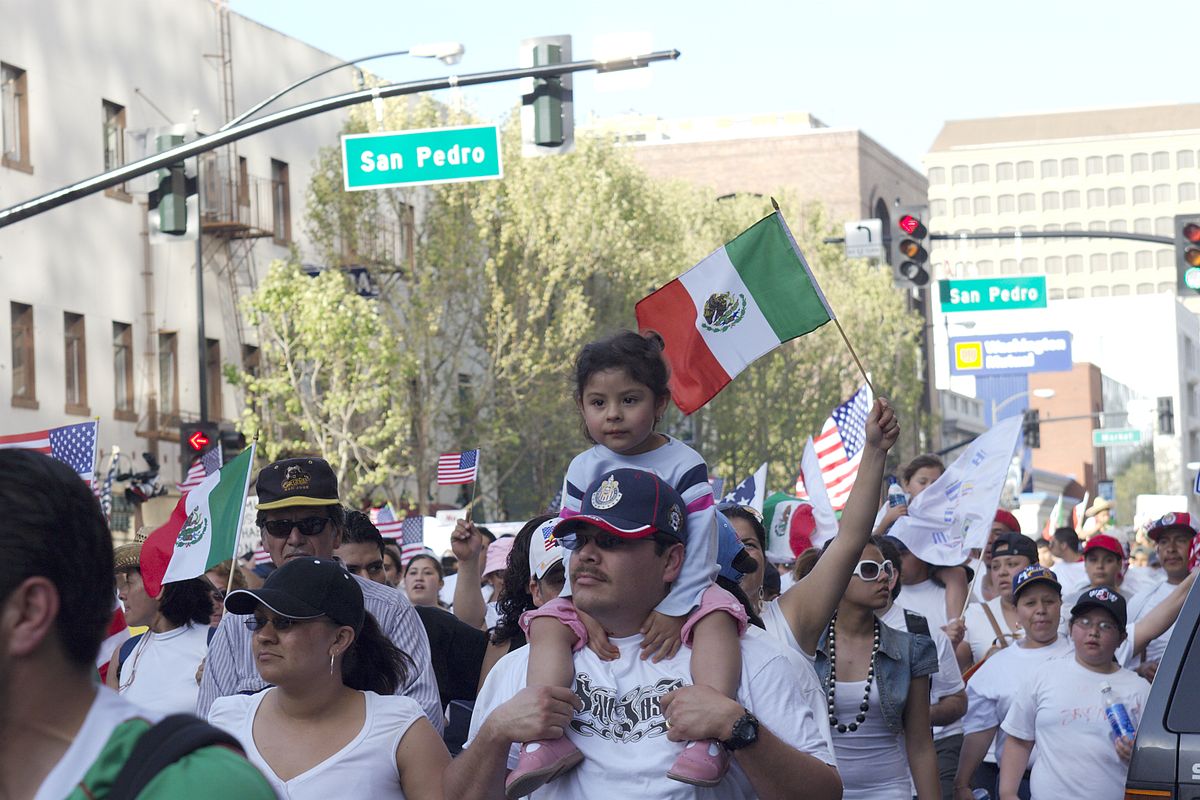
November 20, 2015 > Staff
Report: More Mexicans Leaving the United States Than Arriving
Next Article >
